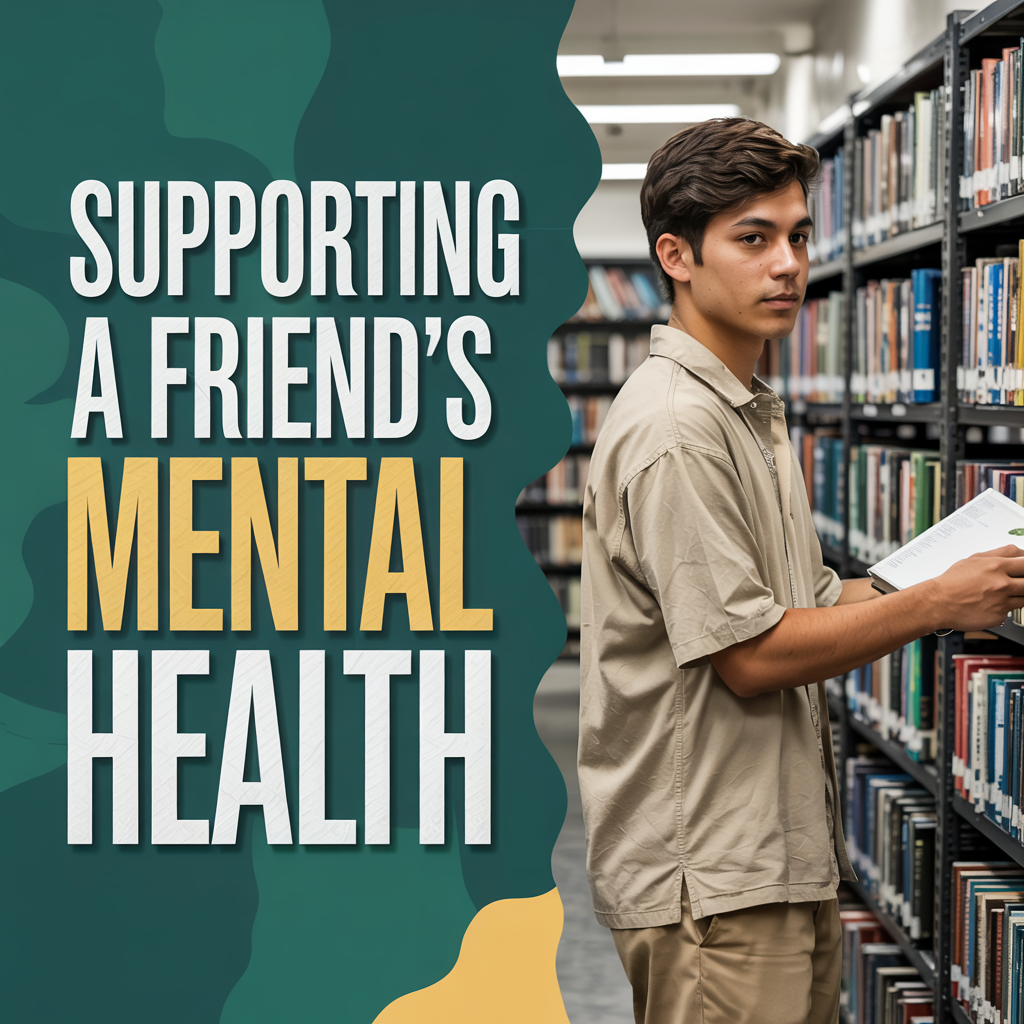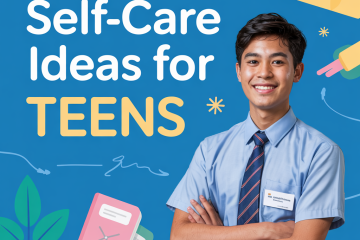Talking to Friends About Mental Health: How to Support Each Other Responsibly

Seeing a friend struggle with their mental health can be really tough. You want to help, but it’s not always clear how.
Being a supportive friend matters — a lot — but it’s also important to understand your role and set healthy boundaries. This guide shares tips on how to support a friend’s mental health, offer effective peer support, and recognize when it’s time to encourage professional help, all while respecting your own limits.
Being There for Your Friends Matters
Friendships are a powerful source of support. Just knowing someone cares can make a big difference when someone’s feeling stressed, anxious, or down. Sometimes, the most helpful thing you can do is simply be there — listen without judgment and let them know they’re not alone in whatever mental health challenges they’re facing.
If you’re looking for a safe place to build supportive connections and grow personally, check out Cirkled in— it’s a platform made with students in mind.
Your Role: Supportive Friend, Not Therapist
This is key: Your job is to be a caring friend, not their therapist or counselor. You don’t have the training to diagnose conditions or provide professional treatment. Trying to “fix” their problems can be overwhelming for you and might not be what they need. Focus on responsible friend support.
How to Be a Supportive Listener
Often, the best support is simply listening:
- Reach Out: Let them know you care and are there for them (“I’ve noticed you seem down lately, is everything okay?”, “Just wanted to check in and see how you’re doing.”).
- Listen Without Judgment: Let them talk without interrupting, criticizing, or minimizing their feelings. Avoid phrases like “Just cheer up” or “It’s not that bad.”
- Validate Their Feelings: Show you understand and accept how they feel (“That sounds really tough,” “It makes sense that you feel anxious about that,” “I’m sorry you’re going through this.”).
- Ask Open-Ended Questions: Encourage them to share more if they want to (“How has that been affecting you?”, “What’s on your mind?”).
- Be Patient: They might not want to talk right away. Let them know you’re available when they are ready.
Offering Help Responsibly
Instead of trying to solve their problems, offer practical support:
- Offer Company: Suggest hanging out, watching a movie, going for a walk – sometimes distraction helps.
- Offer Practical Help: If they’re overwhelmed with school, maybe offer to study together (if appropriate).
- Offer Resources (Gently): You could say, “Have you thought about talking to the school counselor? I heard they can help with stress,” or share a link to a reputable mental health website.
Focus on support, not solutions. Ask: “How can I best support you right now?”
Encouraging Them to Seek Professional Help
If your friend’s struggles seem serious, persistent, or beyond typical stress, gently encourage them to talk to a trusted adult or professional.
- Normalize It: “Lots of people find talking to a counselor helpful when things feel overwhelming.”
- Offer Support: “Would it help if I went with you to talk to the school counselor?”
- Focus on Concern: “I care about you, and I’m worried. I think talking to someone with more expertise might really help.”
Knowing how to help friends struggling often involves guiding them toward appropriate resources. For more tools and opportunities to support your journey, Cirkled in can be a great place to start building your confidence and future.
What NOT to Do (Common Mistakes)
- Don’t Try to Diagnose Them.
- Don’t Promise Absolute Secrecy (especially if safety is involved).
- Don’t Minimize Their Problems.
- Don’t Gossip about their situation.
- Don’t Pressure Them to talk if they aren’t ready.
- Don’t Burn Yourself Out trying to be their sole support.
Knowing When to Involve a Trusted Adult (Safety First!)
This is critical. If your friend says anything that makes you worry about their safety or someone else’s safety (e.g., talks about self-harm, suicide, hurting others, or mentions abuse), you MUST tell a trusted adult immediately – a parent, counselor, teacher, or another responsible adult. This isn’t breaking trust; it’s potentially saving a life. You can offer to go with them to talk to an adult.
Taking Care of Yourself Too
Supporting a friend can be emotionally draining. Remember to:
- Set Boundaries: You don’t have to be available 24/7. Protect your own time and energy.
- Talk to Your Own Support System: Share your worries (without breaking a friend’s confidence unnecessarily) with your parents or a counselor.
- Don’t Take on Too Much: It’s okay if you can’t fix everything.
Final Thought: Listen, Support, Encourage
Being a supportive friend during tough times is truly invaluable. Focus on listening with empathy, validating their feelings, offering practical support, and gently encouraging professional help when it’s needed.By learning how to support a friend’s mental health in a thoughtful and responsible way, you not only strengthen your friendships — you also help create a more caring, connected community.
Just remember: peer support matters, but safety and professional care should always come first when someone is really struggling.
Need more tips on college applications, scholarships, or just how to survive this whole process? Cirkled In has your back—check out Cirkled In resources to help you through every step of your college journey!
Check out Cirkled In and start owning your future today!



4 Comments
Jud · June 29, 2025 at 11:31 pm
Am encouraged to love myself
Amy S · July 17, 2025 at 1:09 am
That’s so wonderful to hear, Jud! 💙 Learning to love yourself is one of the bravest things you can do—and we’re so glad this article helped spark that. Keep showing up for yourself and others, one kind step at a time. 💪🌱 You’re never alone on this journey! ✨🫶
HERIBERTO · August 23, 2025 at 9:38 am
excellent project
Amy S · August 25, 2025 at 12:20 pm
So glad you think so, Heriberto! 💫 Talking about mental health with friends might feel tricky at first, but it can open the door to deeper connections and stronger support. Thanks for the love!